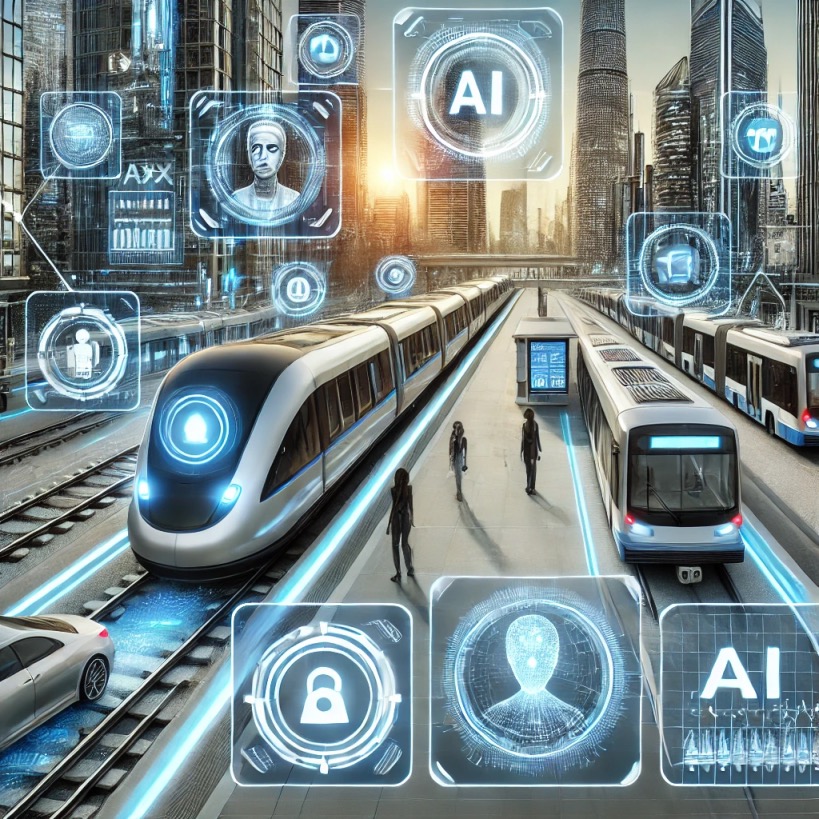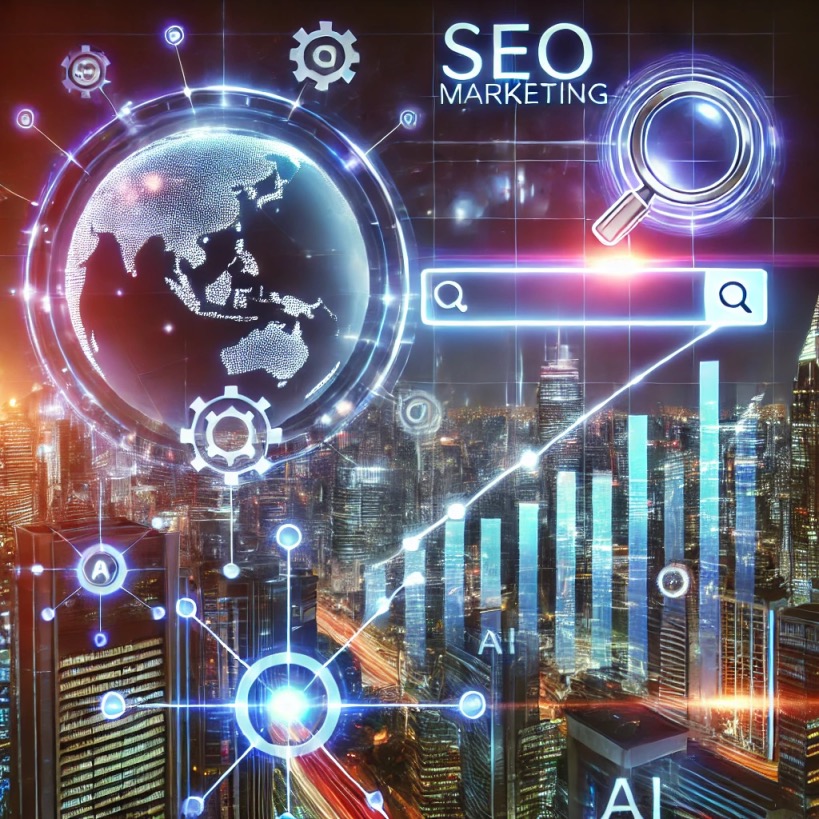Artificial Intelligence (AI) is transforming the legal industry by automating routine tasks, enhancing decision-making, and improving access to justice. The legal sector, traditionally slow to adopt technology, is undergoing a seismic shift as artificial intelligence (AI) streamlines workflows, enhances accuracy, and democratizes access to legal services. From automating repetitive tasks to predicting case outcomes, AI is reshaping how lawyers practice, firms operate, and clients interact with the law. Here’s a deep dive into AI’s transformative impact on the legal industry:

1. Automating Legal Research
- AI-Powered Research Tools: Platforms like ROSS Intelligence and LexisNexis use natural language processing (NLP) to analyze vast legal databases, delivering relevant case law, statutes, and precedents in seconds. Lawyers can ask questions in plain English (e.g., “What’s the precedent for breach of contract in California?”) and receive pinpointed answers.
- Cost and Time Savings: Reduces hours of manual research, enabling firms to bill more strategically and lower costs for clients.
2. Contract Review and Due Diligence
- Document Analysis: Tools like Kira Systems, Luminance, and eBrevia scan contracts to flag risks, inconsistencies, or non-compliance issues. For example, AI can identify ambiguous clauses in merger agreements or lease contracts.
- Due Diligence Acceleration: In M&A deals, AI reviews thousands of documents in hours, identifying liabilities or intellectual property concerns that might take humans weeks.
- Smart Contract Generation: Platforms like ContractPodAi and Ironclad automate drafting of standard agreements (NDAs, employment contracts), reducing repetitive work.
3. Predictive Analytics for Case Outcomes
- Case Prediction Models: AI tools like Lex Machina and Premonition analyze historical case data to predict litigation outcomes. By evaluating judges’ rulings, opposing counsel strategies, and case timelines, lawyers can refine their approaches.
- Settlement Guidance: AI assesses the likelihood of winning at trial versus settling, helping clients make informed financial decisions.
4. E-Discovery and Litigation Support
- Faster Evidence Sorting: Tools like Relativity and Everlaw use machine learning to sift through terabytes of emails, texts, and documents during discovery, identifying key evidence while reducing human bias.
- Cost Reduction: Slashes e-discovery costs by up to 90%, making litigation more accessible for smaller firms and individuals.
5. Compliance and Risk Management
- Regulatory Monitoring: AI platforms like Compliance.ai track real-time changes in laws across jurisdictions, alerting businesses to new compliance requirements (e.g., GDPR, CCPA).
- Risk Assessment: Tools like Neota Logic evaluate contracts or business practices for regulatory risks, helping companies avoid penalties.
6. Virtual Legal Assistants and Chatbots
- 24/7 Client Support: Chatbots like DoNotPay (the “robot lawyer”) help users contest parking tickets, file small claims, or draft wills through guided conversations.
- Appointment Scheduling: AI assistants manage calendars, prioritize client inquiries, and send reminders, improving firm efficiency.
7. Enhancing Access to Justice
- Affordable Legal Services: AI-driven platforms like LegalZoom and Rocket Lawyer provide low-cost templates and advice for routine legal needs (incorporation, divorces).
- Pro Bono Scaling: Nonprofits use AI to triage cases and match low-income clients with volunteer lawyers efficiently.
8. Ethical Challenges and Risks
- Bias in AI Models: Historical legal data may embed biases (e.g., racial disparities in sentencing). Tools must be audited to ensure fairness.
- Job Displacement Fears: Paralegals and junior lawyers may face reduced roles in document review, though AI creates new opportunities in tech-savvy legal roles.
- Data Privacy: Sensitive client information processed by AI requires robust cybersecurity measures.
9. Future Trends
- AI Judges and Mediators: Pilot programs in Estonia and China use AI to adjudicate small claims, though ethical debates persist.
- Blockchain Integration: Smart contracts on blockchain platforms (e.g., Ethereum) could automate execution of legally binding agreements.
- AI in Legal Education: Law schools like MIT and Stanford are integrating AI tools into curricula to train future lawyers in tech-driven practice.
Case Studies
- BakerHostetler: Deployed ROSS Intelligence to cut research time by 30%, reallocating resources to client strategy.
- JPMorgan Chase: Uses COIN (Contract Intelligence) to review commercial loan agreements, reducing 360,000 hours of annual work to seconds.
Conclusion
AI is not replacing lawyers—it’s empowering them. By automating mundane tasks, uncovering insights in data, and expanding access to legal services, AI allows legal professionals to focus on high-value, strategic work. However, the industry must navigate ethical pitfalls, ensure transparency, and preserve human judgment in critical decisions. As AI evolves, its role in the legal sector will deepen, creating a future where technology and human expertise collaborate to deliver justice more efficiently and equitably.



